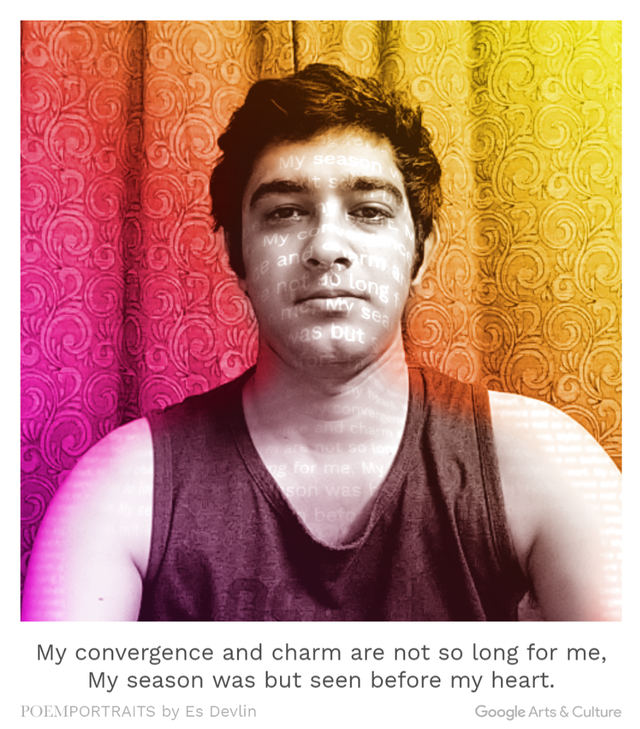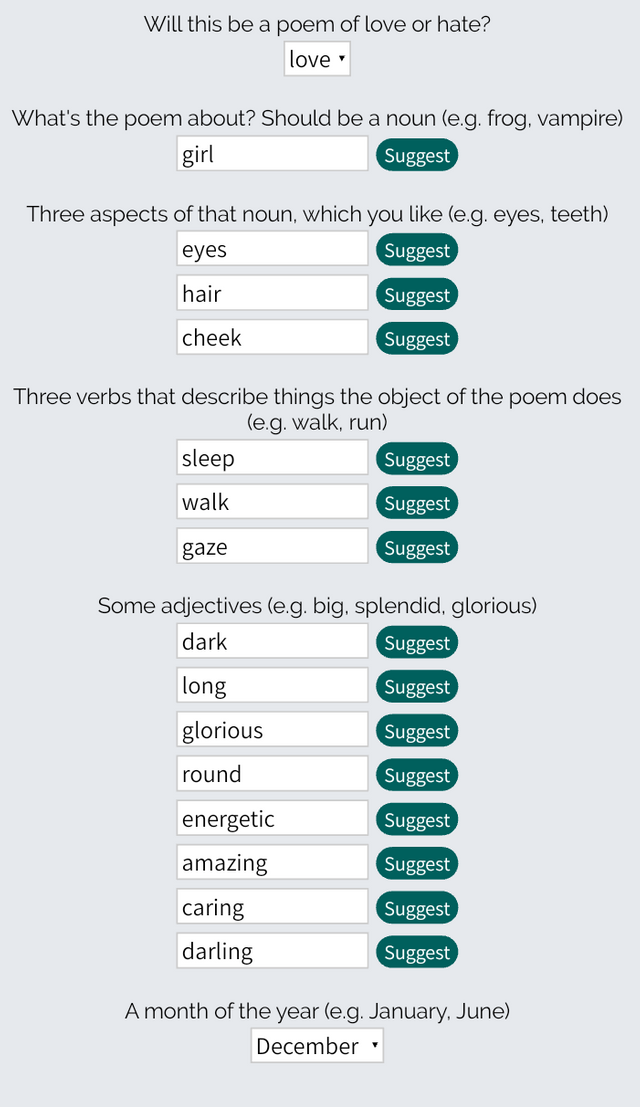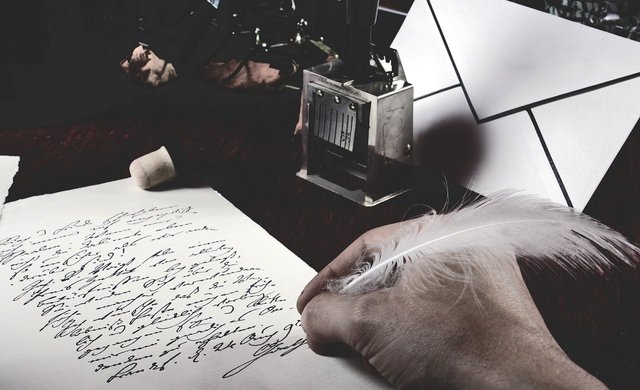My experiment with AI poetry and some random thoughts
I have become a ‘covidiot’ nowadays. I’m stuck in the home since last one and half months since COVID-19 outbreak. There is hardly any physical activity and I’m spending the longest era of my life without underwear since my adulthood. Life is moving like a tortoise and my brain has started to malfunction sometimes. The propensity of blogging has increased a bit nowadays. I’m pretty average in writing nonfiction. Sometimes I write hunky-dory semi-flat fictions but I am a terrible poet! Once in a blue moon, I write some pathetic verses but those grow bigger than ‘Thanos’ and devastate me in my dreams. Once upon a time, I got 51 thumbs down in a poetry platform for publishing violent poetry. Yes, 51! I remember the cold figure. Look, I realized long ago that I couldn’t become a poet. I don’t try that anymore. I’m going to try something else.
Artificial intelligence is being used widely nowadays. AI is getting new use cases every day. A few days ago, I came across a new research paper about Deep-speare AI. The AI model is basically a joint neural model of poetic language, meter and rhyme. Deep-speare can write verses like Shakespeare and most readers are unable to differentiate from the original human-written poems. Remarkable achievement in the AI field. Deep-speare isn’t available for public usage right now (at least I didn’t find it). But I found some other AI alternatives to feed a dose of enjoyment to my idle mind.
AI experiment with POEMPORTRAITS
POEMPORTRAITS is an online experimental site which generates a poetic line from a single word input of the user. They ask you to donate a word of your choice and take a self-portrait. The process is smooth. Their AI algorithm expands the donated word into original lines of verse. The algorithm is trained on millions of words of 19th-century poetry. Sound interesting? I just tried it.
- My donated word: Convergence (I tried to be tricky with them)

- Here is the output:

They provided me with a unique POEMPORTRAIT of my face. The lines of the AI poetry illuminates my face here. Looks cool. Good fun! The AI model is ever-evolving and making itself perfect day by day.
AI experiment with poem-generator
Poem-generator is a site which uses AI to craft a full poetry. Yes, you hear it right. A poem fully generated by AI. You need to provide some words as inputs and you need to select the mood of the poem. I wanted to give them a tough task. So, I wanted to create a sonnet. Sonnet’s 14-line length and its two-part ‘argument’ structure can be tough for the AI bot. I selected ‘love’ mode.
- Here is my input:

- And this is the output:
Ode to the Girl
-A Sonnet by paragism
My caring girl, you inspire me to write.
How I love the way you gaze, walk and sleep,
Invading my mind day and through the night,
Always dreaming about the darling gaze.
Let me compare you to a long ember?
You are more blazing, glorious and round
Stark frost nips the robins of December.
And wintertime has the darling compound.
How do I love you? Let me count the ways.
I love your amazing cheek, hair and eyes.
Thinking of your daring hair fills my days.
My love for you is the aesthetic fries.
Now I must away with a staring heart,
Remember my round words whilst we're apart.
Not bad. What say? A sonnet generally throws a question and gives an answer. The poem captures the flow very well. Some words look insensible but I can discount those. Some parts are heavily inspired from some popular poems but a layman will hardly understand. I didn’t try this but it was possible for me to alter a few words to make it more meaningful. Overall, I’ll rate the AI job very decent.
Heard about the programmer poet of 1960s?
South African-born J.M. Coetzee won Nobel prize in literature in 2003. He started his career as a programmer with IBM surprisingly and then, in the 1960s, worked with the Atlas 2 supercomputer at the United Kingdom’s Atomic Energy Research Establishment. Coetzee published a fictionalized autobiographical memoir titled ‘Youth’ in 2002. The protagonist’s name was John. Coetzee wrote in that book: “Although Atlas is not a machine built to handle textual materials, he uses the dead hours of the night to get it to print out thousands of lines in the style of Pablo Neruda, using as a lexicon a list of the most powerful words in The Heights of Macchu Picchu.” In his real life, Coetzee wrote specific codes to generate verses on the British supercomputer and that was 1960s! He also published some of them after alterations.
Coetzee was the first programmer poet in the history. Coetzee’s experiments didn’t find much attention that time as programmers weren’t interested in verses and poets weren’t interested in programming. But Coetzee created the impossible bridge between programming and poetry. Today’s AI poetry or literary work is only an extension of that. History of technology is really strange. AI poetry is definitely experimental but don’t miss the fun quotient. Can a combination of AI and human intelligence create the next generation of poems? What’s the harm? Coetzee tried it almost 60 years back!

@paragism wow very nice poetry on AI , AI is the next technology human will use in future.
Haha...even I was surprised with the output
@tipu curate
Upvoted 👌 (Mana: 0/16 - need recharge?)